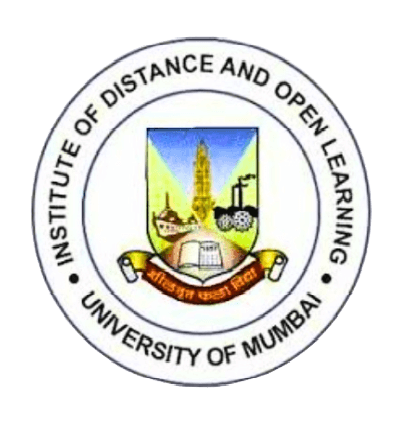UNIVERSITY OF MUMBAI
Notification For Examination Time tables
FYBAF Sem.-I
https://old.mu.ac.in/wp-content/uploads/2022/03/FYBAF_sem_I.pdf
If you want more articles related this article so please click this link
1) https://www.surajpateleducation.com/#google_vignette
2) https://www.surajpateleducation.com/2021/03/mcom-part-1-result-2020-mcom-part-2.html
3) https://www.surajpateleducation.com/2021/04/mumbai-university-mock-test.html
4) https://www.surajpateleducation.com/2021/04/mumbai-university-exam-date-out-fyba.html
Credit by : Mumbai University
This Article Use For Education Purpose
(Mumbai university website link in below)
Mumbai University PDF link :
https://old.mu.ac.in/wp-content/uploads/2021/08/New-Microsoft-Word-Document.pdf
Best Other MCQ Webside
All Subject MCQ Link
Telegram Group
Mumbai Univeersity :- https://t.me/mumbaiuniversityidol
Suraj Patel Education :- https://t.me/surajpateleducation
F.Y.J.C EXAM :- https://t.me/FYJCexam
S.Y.J.C EXAM :- https://t.me/SYJCexam
F.Y EXAM :- https://t.me/fyexam
S.Y EXAM :- https://t.me/syexam
T.Y EXAM :- https://t.me/tyexam
M.Com Part 1 EXAM :- https://t.me/McomPart1Exam
M.Com Part 2 EXAM :- https://t.me/McomPart2Exam
M.A EXAM :- https://t.me/mastudentsexam
YouTube Channel
https://www.youtube.com/channel/UCv8JIY58xfWHUIXVu9wxNHw


